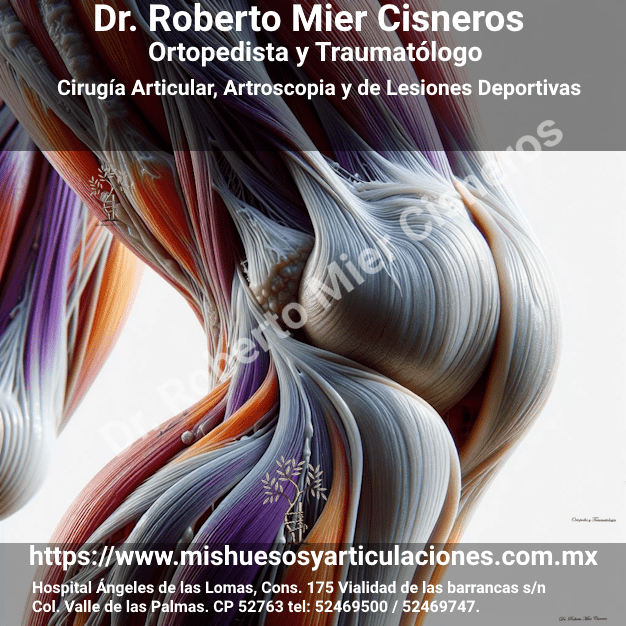Reconstrucción de la articulación esternoclavicular con un aloinjerto cortical de tendón de la corva y peroné cadavérico
Caso:
Una mujer de 49
años con insuficiencia esternoclavicular tras una resección de la
clavícula medial se sometió a una reconstrucción de la articulación
esternoclavicular con un aloinjerto cortical de tendón de la corva y
peroné cadavérico. Después de 4 meses de seguimiento, la paciente no
tenía dolor y a los 8 meses se observó una evidencia radiográfica de
incorporación del injerto.
J Bone & Joint Surg
JBJS Case Connector
@jbjs
Reconstrucción de la articulación esternoclavicular con un aloinjerto cortical de tendón de la corva y peroné cadavérico
Conclusión:
La resección
de la clavícula medial es un procedimiento poco frecuente con
indicaciones amplias. La necesidad y la técnica óptima para la
reconstrucción esternoclavicular posterior siguen siendo objeto de
debate. Demostramos una técnica reconstructiva en forma de ocho que
puede proporcionar resultados clínicos aceptables al abordar defectos
grandes de la clavícula medial.
La resección de la clavícula medial es un procedimiento poco frecuente con una amplia gama de indicaciones, que incluyen inestabilidad de la articulación esternoclavicular (UEC), artritis, osteomielitis, tumores, fracturas sin unión, síndrome del desfiladero torácico (SDT) y acceso de emergencia a la aorta1-4. Dada la rareza de este procedimiento, pocos estudios han explorado los resultados posoperatorios.
Los beneficios de la reconstrucción después de la resección de la clavícula medial son objeto de debate, así como la técnica preferida para realizarla3,5-7. Algunos sostienen que la reconstrucción es imperativa para prevenir la inestabilidad del hombro, el movimiento escapular anormal, la debilidad, el dolor y el daño a los grandes vasos subyacentes. Otros sostienen que las demandas técnicas de la reconstrucción, el proceso de recuperación más lento y la tasa potencialmente más alta de complicaciones posoperatorias, como infección, aflojamiento de la prótesis y dolor, son contraindicaciones2,8,9. Se han descrito varias técnicas de reconstrucción, entre ellas la reconstrucción en forma de ocho con injerto, la reconstrucción con injerto intramedular, la reconstrucción sintética con sutura y la tenodesis con el esternocleidomastoideo o el subclavio.3,5,6
En este informe, presentamos un caso de una gran resección de la clavícula medial después de una insuficiencia sintomática de la articulación esternoclavicular y describimos la técnica quirúrgica en forma de ocho utilizada para reconstruir la articulación esternoclavicular con un aloinjerto de tendón de la corva y un aloinjerto cortical de peroné cadavérico.
Se informó a la paciente que los datos relativos al caso se enviarían para su publicación y dio su consentimiento.
Gaetano A, Boubekri A, Chen A, Garbis N, Salazar D. Sternoclavicular Joint Reconstruction Using a Hamstring and Cadaveric Fibular Cortical Allograft: A Case Report. JBJS Case Connect. 2025 Jan 16;15(1):e24.00398. doi: 10.2106/JBJS.CC.24.00398. PMID: 39820195; PMCID: PMC11737100.
Copyright © 2025 The Authors. Published by The Journal of Bone and Joint Surgery, Incorporated.
This is an open access article distributed under the terms of the Creative Commons Attribution-Non Commercial-No Derivatives License 4.0 (CCBY-NC-ND), where it is permissible to download and share the work provided it is properly cited. The work cannot be changed in any way or used commercially without permission from the journal.
PMCID: PMC11737100 PMID: 39820195






